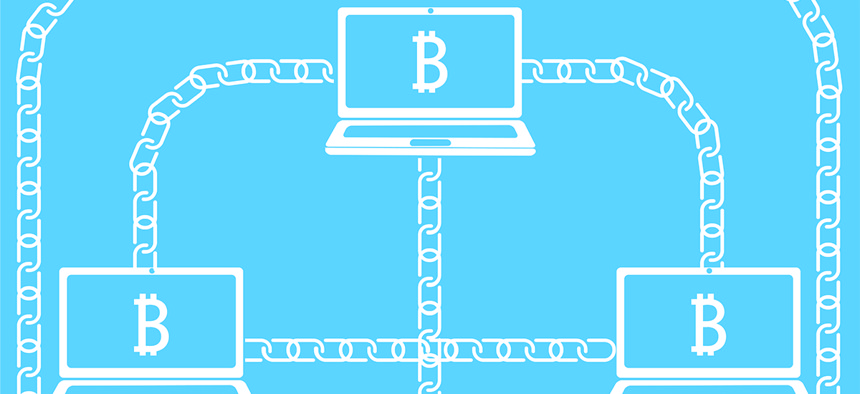HHS Considers Climbing on the Blockchain Bandwagon

WhiteDragon/Shutterstock.com
Know how blockchain could be used in health care? HHS wants your input.
The same technology that lets people securely exchange Bitcoin could be useful in protecting health records from intruders, some technologists say.
Perhaps in an effort to test this theory, the Health and Human Services Department is collecting ideas about ways blockchain -- the automated, digital ledger system used to record Bitcoin and other cryptocurrency transactions -- could be used in health care.
Proponents of blockchain -- defined by HHS as a “data structure" that may be time-stamped "and signed using a private key to prevent tampering" -- see its benefits in securing personal information. But critics think blockchain deployment would require large amounts of processing power and equipment, according to a Federal Register posting.
Still, “most would acknowledge blockchain's potential . . . is still evolving and maturing, especially with respect to its applicability to the health care," the notice says.
HHS is just the latest federal organization to express interest in blockchain. The Pentagon’s research and development team, DARPA, wants a secure messaging service based on the technology; the Postal Service’s Office of the Inspector General issued a report suggesting blockchain could help the agency transfer money more efficiently, or help it ascertain the identity of citizens logging into websites, notarizing documents, or signing digital contracts.
A successful white paper would need to address the cryptographical aspects of blockchain; how it could help disparate health records systems communicate with each other; and how the technology could benefit precision medicine, an effort to deliver medical treatment tailored to an individual’s genetic makeup and lifestyle, among other topics.
HHS is collecting white papers on blockchain until July 29. Winning authors will be invited to present their ideas at a workshop in September.





